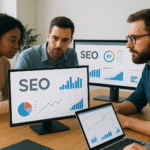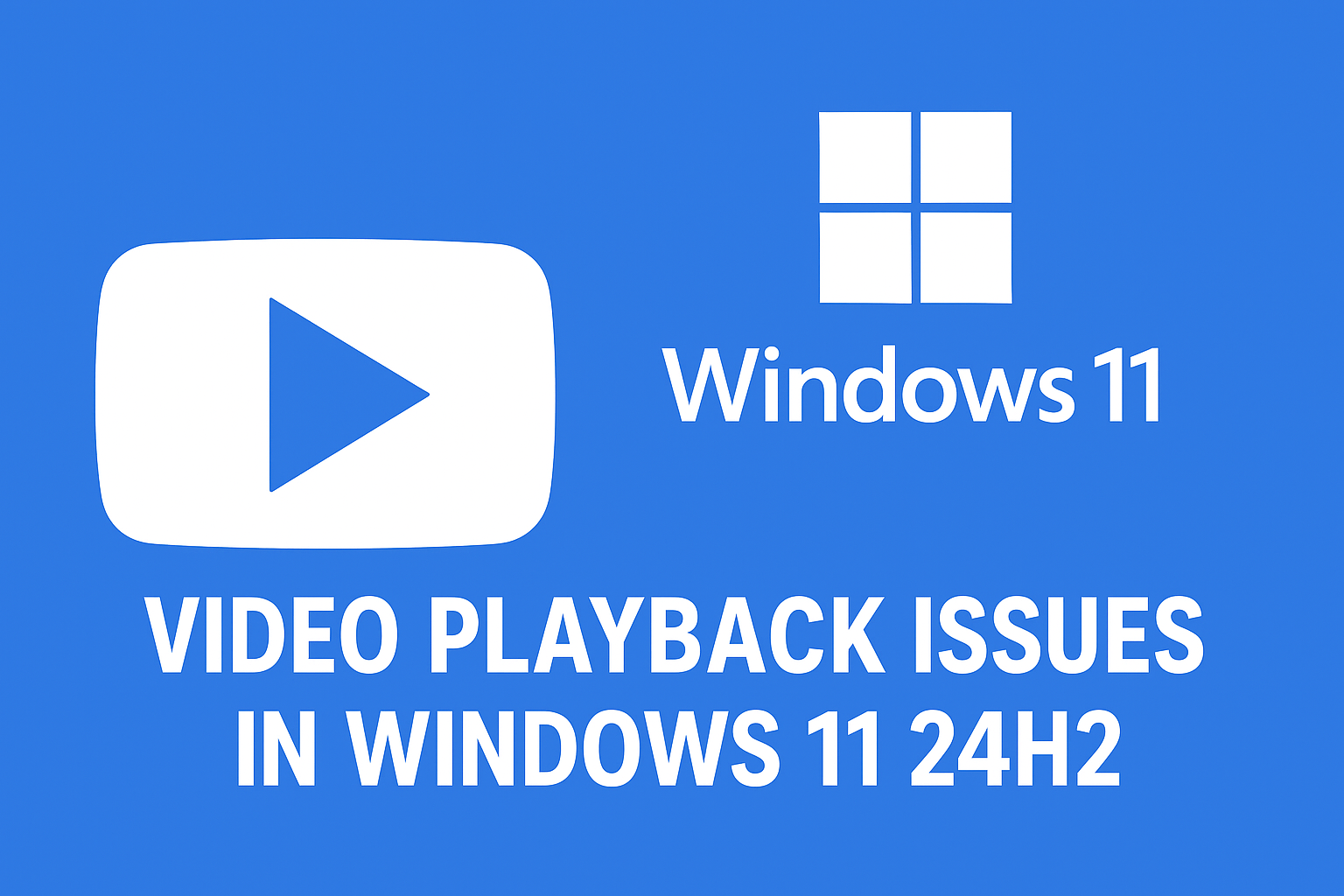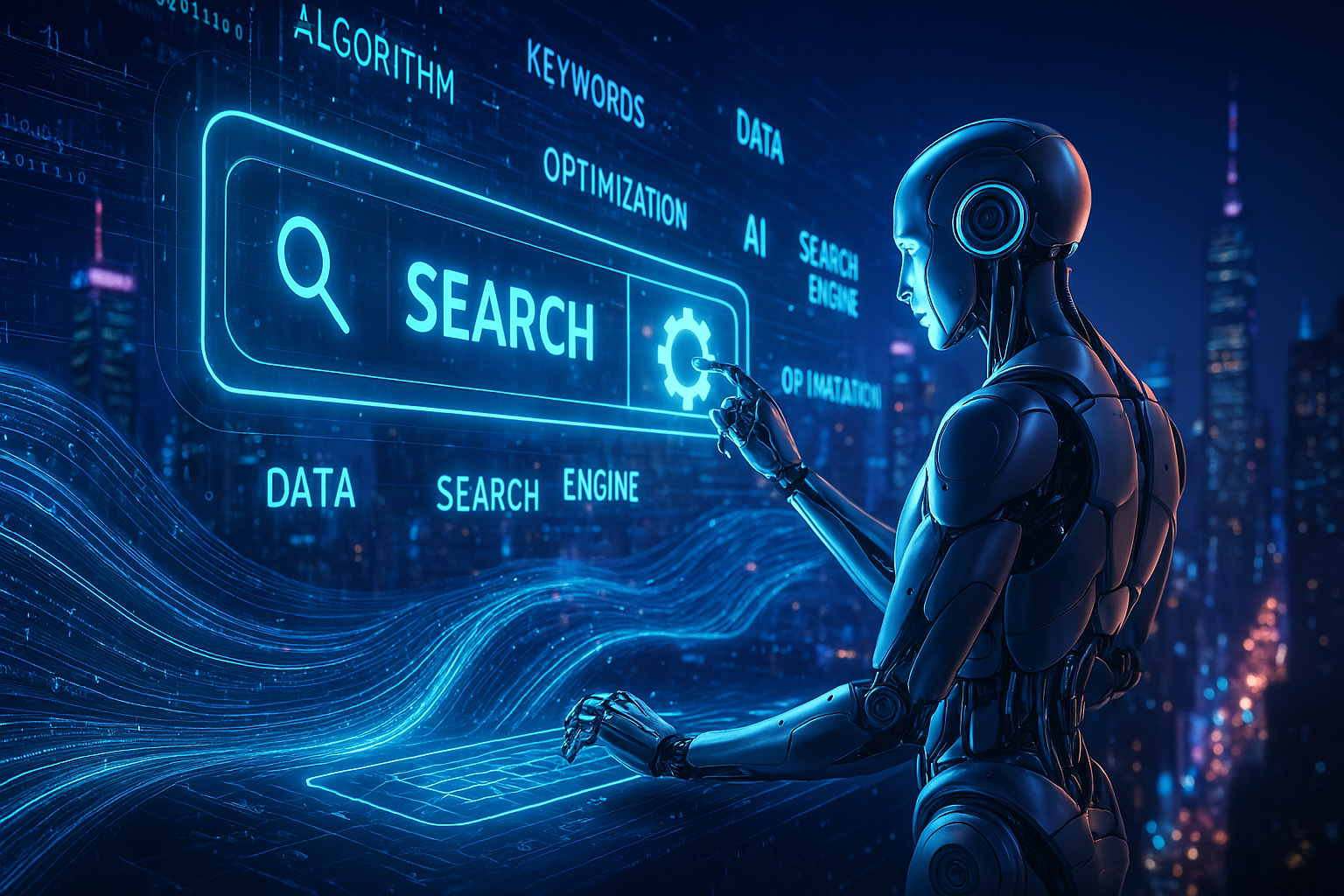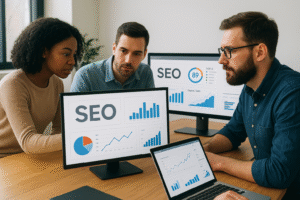
The Rise of AI in Search Engine Optimization: Revolutionizing Digital Success
In the ever-evolving landscape of digital marketing, search engine optimization (SEO) remains a cornerstone for driving organic traffic and enhancing online visibility. However, as search engines like Google refine their algorithms and user expectations shift, traditional SEO strategies are being transformed by a powerful new player: artificial intelligence (AI). AI-driven SEO is no longer a futuristic concept—it’s a present-day game-changer that’s reshaping how businesses optimize their online presence. Here’s how AI is revolutionizing SEO and what it means for the future of digital success.
The Evolution of SEO and the AI Advantage
SEO has come a long way from the days of keyword stuffing and backlink spamming. Today’s search engines prioritize user intent, content quality, and technical performance, thanks to sophisticated algorithms like Google’s BERT and RankBrain. These systems leverage machine learning—a subset of AI—to better understand natural language and deliver more relevant results. As search engines get smarter, so must the tools and strategies used to optimize for them.
Enter AI-powered SEO tools. Platforms like SurferSEO, Clearscope, and MarketMuse harness AI to analyze vast datasets, identify patterns, and provide actionable insights that go beyond human capability. From content creation to technical audits, AI is streamlining processes, enhancing precision, and delivering results at scale.
Key Ways AI is Transforming SEO
- Keyword Research on Steroids
Traditional keyword research involves manually sifting through tools like Google Keyword Planner or SEMrush to find high-volume, low-competition terms. AI takes this a step further by predicting trends, uncovering long-tail keywords, and analyzing user intent with uncanny accuracy. Tools like Ahrefs and Keyword Insights use AI to suggest keywords based on real-time search behavior, competitor strategies, and semantic relationships, saving time and boosting relevance. - Content Optimization at Scale
Writing content that ranks isn’t just about keywords anymore—it’s about context, readability, and value. AI tools like Jasper and Frase can generate SEO-friendly drafts, suggest topic clusters, and optimize existing content by comparing it to top-performing pages. For example, SurferSEO’s Content Editor analyzes the top 10 search results for a keyword and provides a blueprint—word count, heading structure, and keyword density—to outrank competitors. This data-driven approach ensures content aligns with both search engine standards and user needs. - Personalization and User Experience
AI excels at understanding user behavior. By analyzing click-through rates, bounce rates, and dwell time, tools like Google Analytics (augmented by AI) or Hotjar help SEO professionals tailor websites to individual preferences. Chatbots powered by AI, such as those from Drift, enhance on-site engagement by answering queries instantly, reducing bounce rates, and improving site metrics that influence rankings. - Technical SEO Made Simple
Crawling a website for broken links, slow load times, or mobile usability issues can be tedious. AI-driven tools like Screaming Frog paired with machine learning capabilities can now prioritize fixes based on their impact on rankings. Google’s own Lighthouse tool uses AI to recommend performance enhancements, ensuring sites meet Core Web Vitals standards—a key ranking factor in 2025. - Predictive Analytics for Strategy
AI doesn’t just react—it predicts. Platforms like BrightEdge use predictive analytics to forecast ranking opportunities and identify emerging trends before they peak. This allows businesses to stay ahead of the curve, targeting topics like “AI in healthcare” or “sustainable tech” as search interest begins to climb.
Real-World Impact: AI in Action
Consider a small e-commerce business selling eco-friendly products. In the past, optimizing their site might have taken months of trial and error—guessing keywords, tweaking meta tags, and hoping for a rankings boost. Today, with AI tools, they can:
- Use Semrush’s AI-driven competitor analysis to identify gaps in rival strategies.
- Generate product descriptions with Writesonic that match top-ranking pages for “sustainable home goods.”
- Leverage Google’s Search Console AI insights to fix crawl errors and improve mobile performance. Within weeks, their organic traffic could surge, all thanks to AI’s precision and efficiency.
Challenges and Ethical Considerations
While AI is a boon for SEO, it’s not without hurdles. Over-reliance on automation can lead to generic content that lacks a human touch, potentially alienating audiences. Data privacy is another concern—AI tools often require access to user data, raising questions about compliance with regulations like GDPR. Moreover, as AI tools become ubiquitous, the competitive edge they offer may diminish, pushing businesses to innovate further.
Ethically, there’s a fine line between optimization and manipulation. AI can be used to exploit search algorithms, creating content farms or misleading clickbait. SEO professionals must balance AI’s power with integrity, ensuring it serves users, not just rankings.
The Future of AI-Driven SEO
As we move deeper into 2025, AI’s role in SEO will only grow. Voice search optimization, powered by AI assistants like Alexa and Siri, is already shifting focus toward conversational queries. Visual search, driven by tools like Google Lens, demands AI-optimized image metadata. Meanwhile, advancements in natural language processing (NLP) will make content authenticity and relevance even more critical.
For businesses and marketers, embracing AI isn’t optional—it’s essential. Those who integrate AI into their SEO strategies will gain a competitive edge, adapting faster to algorithm updates and user trends. However, success will still hinge on blending AI’s capabilities with human creativity and strategic vision.
Conclusion
AI is not replacing SEO experts; it’s empowering them. By automating repetitive tasks, uncovering hidden opportunities, and refining strategies with data-backed precision, AI is ushering in a new era of search engine optimization. As of April 3, 2025, the message is clear: harness AI to stay ahead, but wield it wisely. In a digital world where visibility is currency, AI-driven SEO is the key to unlocking sustainable growth and long-term success.





















Post Comment